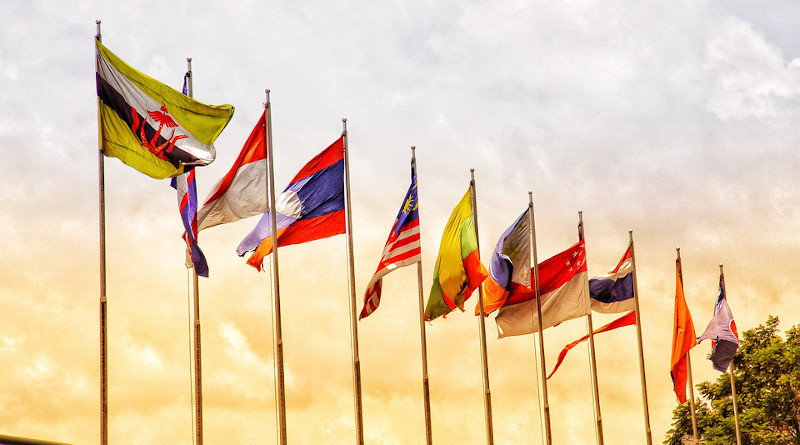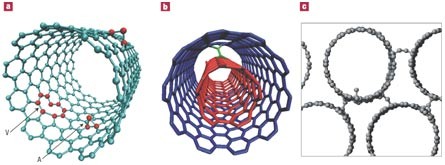
- Select a language for the TTS:
- UK English Female
- UK English Male
- US English Female
- US English Male
- Australian Female
- Australian Male
- Language selected: (auto detect) - EN
Play all audios:
As with all new administrations, Boris Johnson and his ministers have set about picking the staff to support them. Amongst these recruits are a number of journalists. Nothing particularly
new there. Plenty of special advisers, or SpAds, from Alastair Campbell down, have come from journalism. They are undoubtedly talented and hardworking individuals. Upon reading about the
appointments, I felt a pang of . . . well, I’m not quite sure. Disappointment? No. Well, maybe. It is always a shame when good reporters stop reporting, but there are genuine reasons for
moving profession. The media is in crisis, and such people can get paid better, and have more enticing career prospects, in other fields, including government. I’ve even done PR and press
office jobs myself — rather enjoyed them, in fact. Only the most naïve of us could rule it out. I was an activist for a political party while writing too. (I’m feeling much better now,
though, thank you.) Hiring from the hack pack isn’t unique to this administration either. I already mentioned Alastair Campbell, but there are plenty of others. Tom Swarbrick left LBC to
become Theresa May’s Head of Broadcast in No. 10, for instance. A brilliant broadcast journalist, Swarbrick left Downing Street some time before Mrs May did, returning to his own evening
show on LBC. Before that, James Chapman was snapped up from the _Daily Mail _by George Osborne before going to work for David Davis. Giles Wilkes has moved between government and the
_Financial Times_, such is the want of clever, articulate, talented people. I would never criticise any of those individuals for making the choices they did. I have no doubt they had the
best of intentions when entering government. However, there is something about the waves of people going from the Lobby to Whitehall that makes me increasingly uncomfortable. Perhaps it is
having some personal connection with some of the more recent appointees. Or, perhaps it is because, as Matt Chorley of the _Times _(behind a paywall) put it: “Every time a journalist crosses
over it is a setback for those of us who think our role is to interrogate, expose and ridicule the powerful, not audition for a job with them.” His comments came after Ross Kempsell was
revealed to be joining No. 10, having interviewed Boris Johnson just weeks earlier. Newly appointed bag-carrier to Jacob Rees-Mogg, Hugh Bennett, apparently made it clear to the team at
_Guido Fawkes _that his ultimate aim was to be a SpAd even before the platform hired him. It is totally understandable why Downing Street would hire these young advisers. As Olivia Utley
rightly explained in TheArticle: “The new Special Advisors, who have been given unprecedented power by Dominic Cummings, are refreshingly normal, young, and incredibly media savvy.” As
Olivia noted, many of them have come from think-tanks, and now journalism, so have been touring television studios for a while and built up followings on social media. However, as I was
catching up with all these latest appointments, I had the words of the recent McTaggart Lecture delivered by Dorothy Byrne, Channel 4’s head of news and current affairs, ringing in my ears.
In her blistering address, she highlighted how little the leading politicians of the day want to be held themselves accountable. “I believe that we need to start calling politicians out as
liars when they lie,” Byrne said at one point. “If we continue to be so polite, how will our viewers know that politicians ARE lying?” Well, how much more unwilling is an interviewer going
to be to call out a politician’s lie if they might be able to get a better paying, powerful, job working for them in a few weeks’ time? A career in media has rarely been a more unstable
choice, so we must accept that some talented people will be tempted away. However, it is bad news for our media — and bad news, too, for our democracy.





